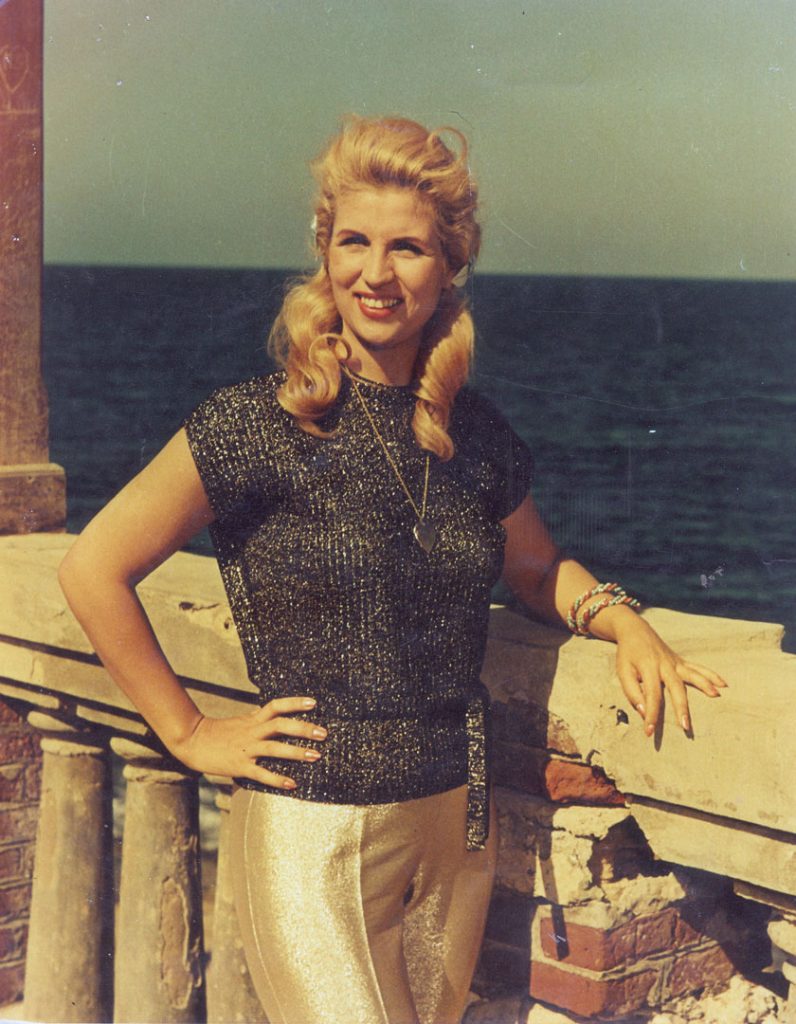Faten Hamama
1931-2015
The Lady of the Arab Screen
Highlight
IN CINEMA
Faten Hamama is considered one of the most influential actresses in Arab cinema, active during some of the most prominent developments and transformations that affected the landscape of Egyptian cinema throughout different eras, and having contributed to formulating a new profound role for women.
Most prominent
and famous films
Faten Hamama’s portfolio of films boasts a wealth of works that shaped the history of Egyptian cinema with many prominent directors, including her roles in “The Nightingale’s Prayer” (1959) by Henry Barakat; “The Blazing Sun” (1954) by Youssef Chahine; “Empire M” (1972) by Hussein Kamal; and “A Bitter Day and a Sweet Day” (1988) by Khairy Bishara.
Achievements
In 1996, the Egyptian cinema celebrated its 100th anniversary, where Faten Hamama was dubbed Best Actress, and nine of her films were included in the iconic list naming the 100 best films in the history of Egyptian cinema. In the year 2000, the Egyptian Film Writers and Critics Association awarded Hamama the Star of the Century Award.
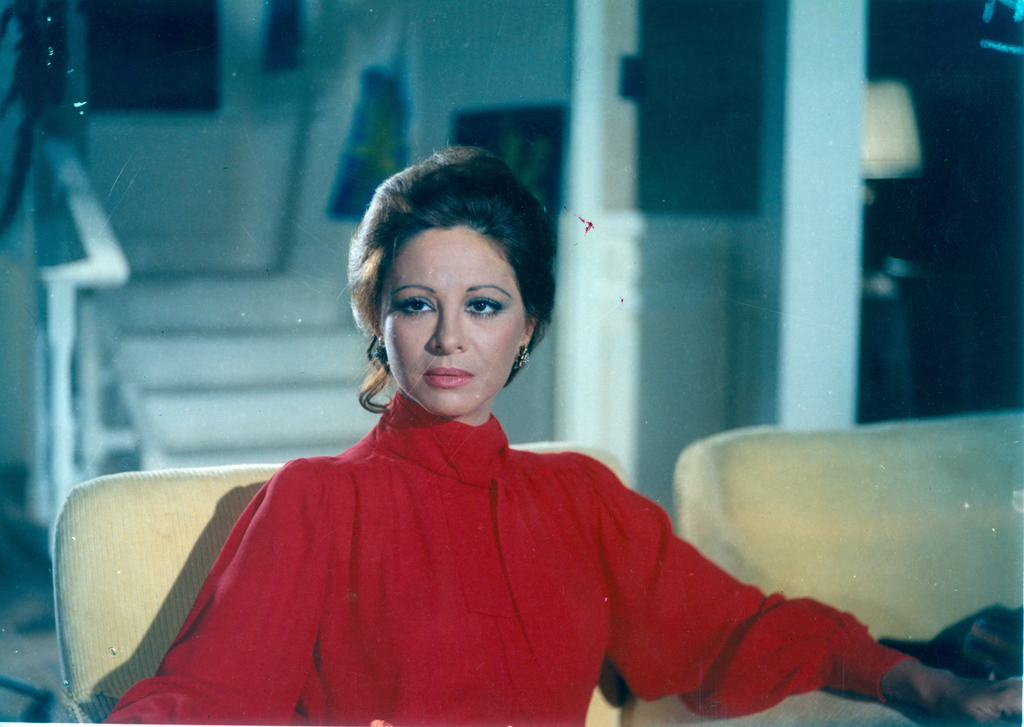
Umm Kulthum
1898-1975
Planet of The East
Highlight
IN CINEMA
Umm Kulthum is considered one of the most prominent and leading symbols of Arab culture, with a rare voice that resonated through Egypt and echoed through the entire Arab world. Umm Kulthum’s rich history extends beyond music and into the big screen, through which she contributed to shaping a fresh, powerful image of independent women.
Most prominent
and famous films
Umm Kulthum starred in several cinematic works that contributed to shaping the musical film industry in Egypt, ushering in its golden age. They include “Weddad ” (1936) by Fritz Kramp, as well as repeated collaborations with director Ahmed Badrakhan in “Dinars” (1939), “Aida” (1942), and “Fatima” (1947).
Achievements
The presence of superstar Umm Kulthum on the big screen represented an edge, magnetically pulling the masses to flock to cinemas for her films. Her special performance style, impeccably marrying melodies, songs, and acting, rendered her talent a special treat for the audiences.
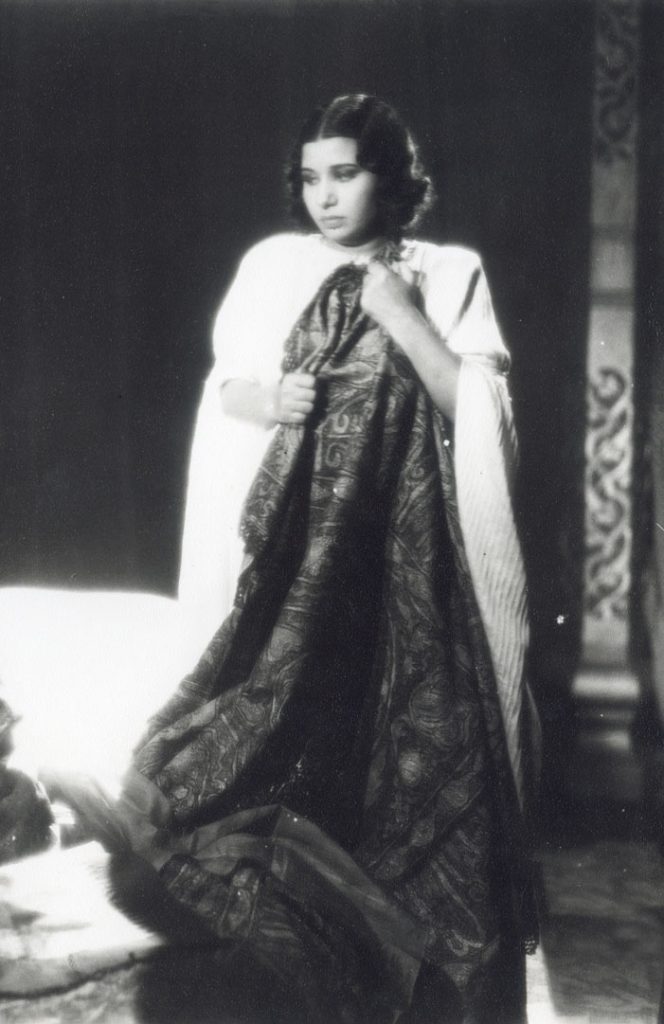
Leila Mourad
1918-1995
The Voice of Love in Song and Film
Highlight
IN CINEMA
While Leila Mourad is considered one of the most important voices in Arabic singing, the big screen kept her within a wonderful balance with her performances in some of the most outstanding drama and romance films during the golden age of Egyptian cinema. Her exceptional singing talent, combined with her remarkable acting presence, helped her etch her name among the stars.
Most prominent
and famous films
Leila Mourad launched into stardom in Egyptian cinema through “Long Live the Love” (1938), co-starring alongside the Musician of Generations, Mohamed Abdel-Wahab. Since then, her acting credits abound with fruitful cooperations with several directors in iconic works, including “My Heart is My Guide” (1947) by Anwar Wagdi; “The Lady of the Train” (1952) by Youssef Chahine; and “The Beach of Love” (1950) Henry Barakat.
Achievements
Despite her early retirement from singing and acting in the mid-fifties of the last century, Leila Mourad’s lyrical and cinematic credits are still preserved and rediscovered, again and again, keeping her perpetually alive in our minds as one of the most prominent Arab female talents on stage and on the silver screen.
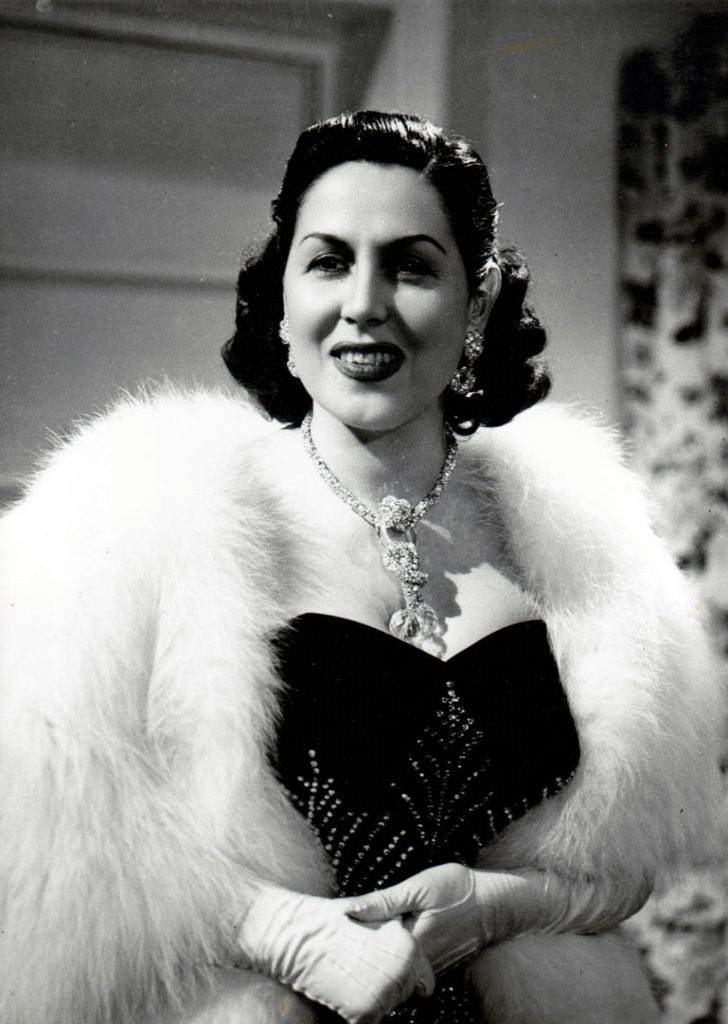
Warda Al-Jazairia
1939-2012
A Tale With Time
Highlight
IN CINEMA
Warda Al-Jazairia is a legend of Arabic singing, thanks to her powerful on-stage presence, melodious singing voice, and delivery rich with emotion. Her impressive legacy was not limited to the stage, but extended to the big screen as well.
Most prominent
and famous films
Warda starred in six cinematic works, most notably: “Almaz and Abdu Al-Hamuli” (1962), “Princess of the Arabs” (1963) alongside Rushdy Abaza and Fouad El-Mohandes, “The Voice of Love” (1973) with Hassan Youssef and Imad Hamdi, and “My Story With Time” (1974) again with Rushdy Abaza.
Achievements
Throughout her career, Warda released over 300 songs, sold more than 100 million albums in the Arab world and globally, and collaborated with some of the most leading musicians, earning her spot as one of the most prominent icons of Arab art.
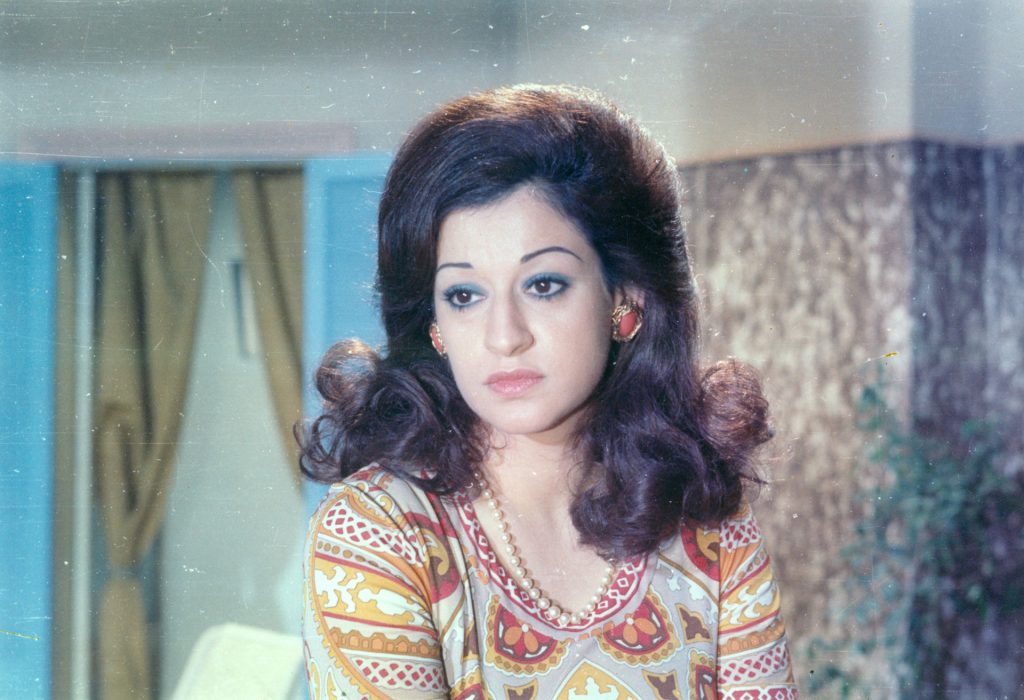
Sabah
1927-2014
El Shahroura
Highlight
IN CINEMA
Sabah is one of the pillars of the Arabic song, having left behind a great cinematic and theatrical legacy that immortalizes her in the realm of the arts throughout history, with an exceptional talent in both acting and singing.
Most prominent
and famous films
Sabah’s participation in Egyptian cinema came with several works, including “The Second Man” (1959), “Love Like This” (1961), “Soft Hands” (1963), and “Three Women” (1968). She starred alongside some of the most prominent stars, including Salah Zulfikar, Rushdy Abaza, and Farid Shawqi.
Achievements
El Shahroura’s credits boast more than 87 films, both Egyptian and Lebanese; 27 Lebanese plays; and more than 3,500 songs released in Egyptian, Lebanese and other languages and dialects. Having spent most of her days in the limelight, Sabah never actually left, not even after her passing.
